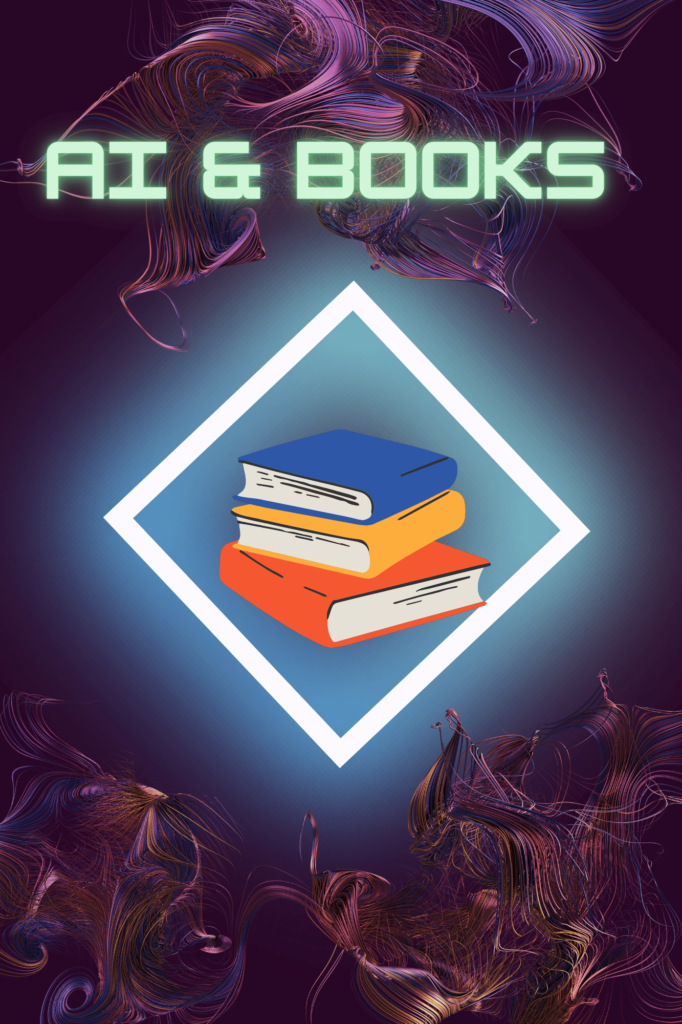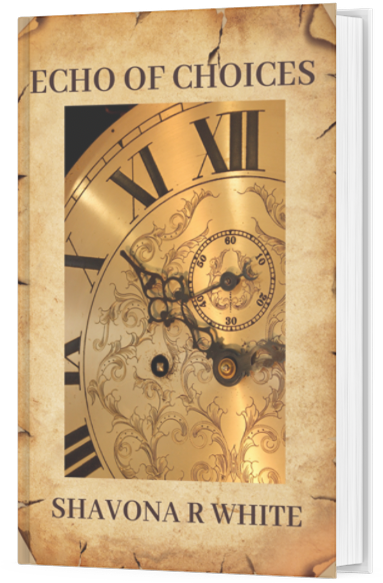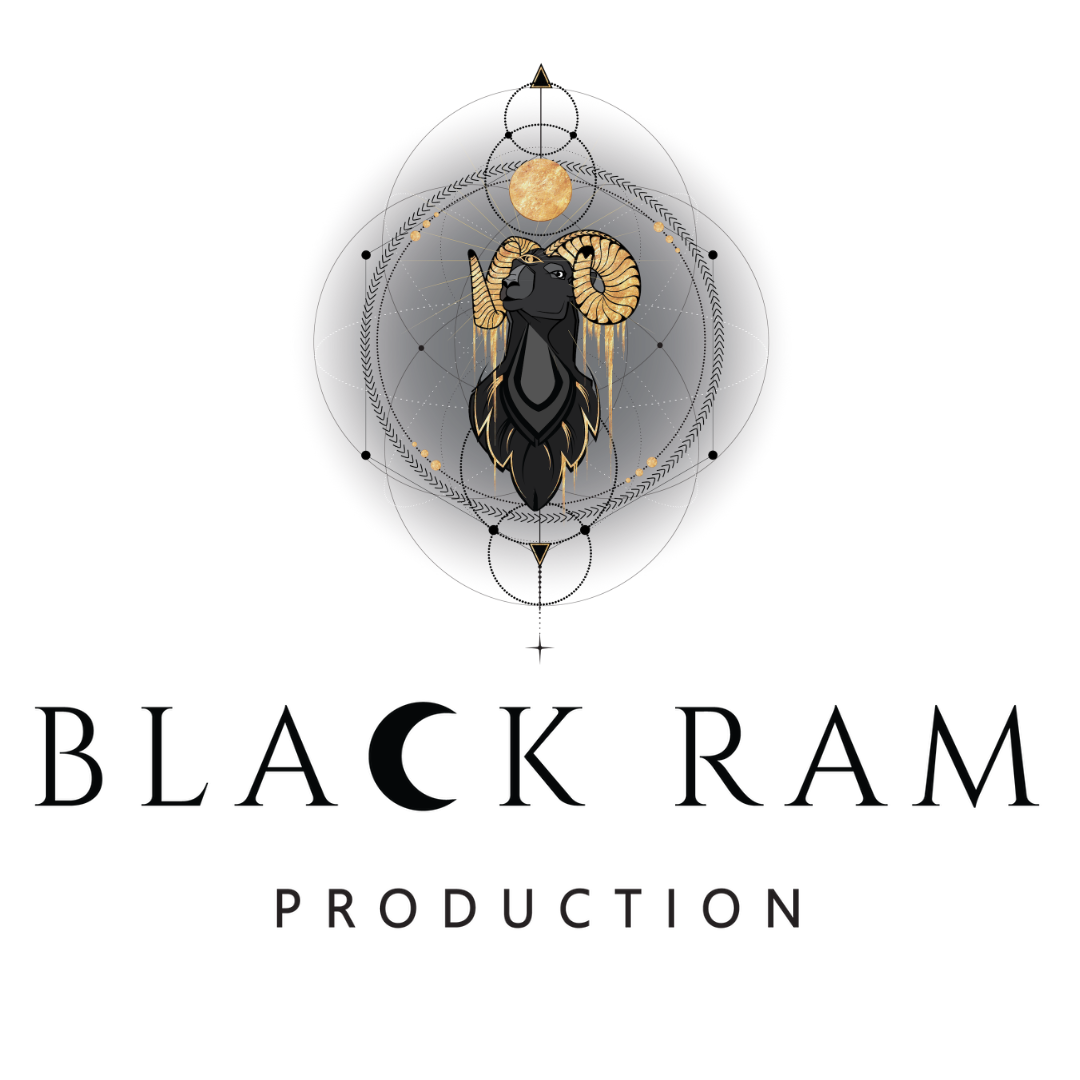
AI List the top 25 Science Fiction Existential Books
I’m an individual and an author who’s deeply interested in existential themes. Recently, I came across an AI-generated list of the top 25 science fiction existential books, and I wanted to see if I agreed with their choices. To be honest, I was pretty impressed, but it left me wondering how AI came up with this list. What criteria does it use? Is it all about book sales or movie adaptations? And can AI really understand human emotions?
So, I decided to dig a bit deeper and found out that AI crafts its list by considering various factors, such as:
- Philosophical Depth: How deeply a book explores existential ideas and philosophy.
- Impact on Literature: The book’s influence and contribution to the genre.
- Popularity: How much readers connect with the book.
- Critical Acclaim: Recognition and praise from literary experts and critics.
- Originality: How unique and innovative the storytelling is.
- Cultural Relevance: How the book relates to contemporary issues.
- Character Development: The art of creating relatable characters in existential dilemmas.
- Writing Style: How well the book is written, from prose to narrative techniques.
Now, I can get on board with most of these criteria. The depth of philosophical exploration, impact on literature, character development, and originality all make sense to me. But I have a bit of a quibble with “popularity.” Not everyone is ready to dive into the heavy stuff, and sometimes, profound books aren’t the most popular ones. Not everyone is ready for the “red pill.”
Anyway, for the sake of this discussion, let’s make sure we’re on the same page about existentialism. It’s a philosophy that focuses on individual existence, personal freedom, and the search for meaning in life. We’ve all pondered life’s big questions at some point, and existentialism has been a topic of fascination for centuries.
Existentialism isn’t just confined to philosophy; it’s had a significant impact on fields like literature, psychology, and the arts. Think of it as a lens through which we explore the human experience and our place in the world.
Now, my new novella did not make the list…but before we get to the actual list, let me tell you a little about it.

https://www.amazon.com/Echo-Choices-Shavona-White/dp/B0CK2ZZ9CT?ref_=ast_author_dp
Echo Of Choices
Echo of Choices- a novella that showcases three unique stories, each tracing the journey of a protagonist as they grapple with decisions and their downstream impact. The book delves into the intricacies of the human condition, examining themes such as love, death, greed, sorrow, and ethics.
As individuals, we are constantly faced with choices, both simple and complex, and understanding their consequences is a lifelong lesson. Echo of Choices takes readers on a thought-provoking expedition, exploring whether we are in control of our decisions or are they predetermined by nature and nurture, a question that has intrigued philosophers for centuries.
The book presents three distinct tales, namely Grey No Color, Circulations, and Five Stages, each offering unique insights into the human psyche.
Grey No Color delves into the realm of ethical dilemmas, examining the factors that influence decision-making in impossible situations.
Circulations explores the impact of patience versus choosing the easy way out, while Five Stages explores the human condition during times of crisis, where decisions can have far-reaching and unforeseen consequences.
Echo of Choices is a captivating read that offers readers a deeper understanding of the human experience, one that is sure to leave a lasting impression.
Now, with all this in mind, let’s take a look at the AI-generated list of the top 25 science fiction existential books. These books aren’t just about asking deep questions; they’re also engaging stories that’ll get you thinking. Whether you’re a philosophy buff or just curious about life’s mysteries, these books promise an intellectual and emotional journey that’s worth the read.
1. “Dune” by Frank Herbert (1965)
Set in a distant future, “Dune” explores themes of power, religion, and ecological interdependence.
2. “Neuromancer” by William Gibson (1984)
Gibson’s cyberpunk classic raises questions about technology and the nature of reality.
3. “Brave New World” by Aldous Huxley (1932)
Huxley’s dystopian vision examines the impact of a future society driven by technology and hedonism.
4. “Do Androids Dream of Electric Sheep?” by Philip K. Dick (1968)
This novel questions what it means to be human in a world where androids and humans are hard to distinguish.
5. “The Left Hand of Darkness” by Ursula K. Le Guin (1969)
Le Guin’s exploration of gender and identity in an alien society prompts deep reflection.
6. “Slaughterhouse-Five” by Kurt Vonnegut (1969)
Through the experiences of Billy Pilgrim, this novel reflects on the nature of time and free will.
7. “The Stranger” by Albert Camus (1942)
Camus’ classic isn’t typically labeled as science fiction, but it raises existential questions about absurdity and the human condition.
8. “The Road” by Cormac McCarthy (2006)
This post-apocalyptic novel is a harrowing exploration of survival, hope, and the meaning of life.
9. “Fahrenheit 451” by Ray Bradbury (1953)
Bradbury’s dystopian vision emphasizes the importance of critical thinking and individuality.
10. “Hyperion” by Dan Simmons (1989)
Simmons weaves a complex narrative that questions the nature of time and human destiny.
11. “The Dispossessed” by Ursula K. Le Guin (1974)
Le Guin explores societal and personal values in a novel that transcends traditional science fiction.
12. “Stranger in a Strange Land” by Robert A. Heinlein (1961)
This novel examines the concept of being an outsider in a strange world and the search for belonging.
13. “The Time Machine” by H.G. Wells (1895)
Wells’ classic explores the passage of time and the eventual fate of humanity.
14. “Kindred” by Octavia E. Butler (1979)
Butler’s time-traveling narrative deals with race, identity, and the legacy of slavery.
15. “The Handmaid’s Tale” by Margaret Atwood (1985)
Atwood’s dystopian vision questions gender roles, control, and societal power structures.
16. “The Roadside Picnic” by Arkady and Boris Strugatsky (1972)
This Russian classic is a meditation on human exploration and the mysteries of the unknown.
17. “Blindness” by José Saramago (1995)
Saramago’s allegorical tale examines the fragility of society and the resilience of the human spirit.
18. “Ubik” by Philip K. Dick (1969)
This mind-bending novel challenges reality and the nature of existence itself.
19. “Altered Carbon” by Richard K. Morgan (2002)
Morgan’s story delves into themes of identity and immortality in a future where consciousness can be transferred between bodies.
20. “Solaris” by Stanislaw Lem (1961)
Lem’s masterpiece raises questions about human perception, memory, and communication.
21. “The Hitchhiker’s Guide to the Galaxy” by Douglas Adams (1979)
This humorous series explores existential absurdity and the meaning of life.
22. “The Windup Girl” by Paolo Bacigalupi (2009)
Bacigalupi’s novel addresses themes of bioengineering and the ethical dilemmas it poses.
23. “The Lathe of Heaven” by Ursula K. Le Guin (1971)
Le Guin’s exploration of dreams and reality showcases her unique approach to existentialism.
24. “A Canticle for Leibowitz” by Walter M. Miller Jr. (1960)
This post-apocalyptic tale revolves around the preservation of knowledge and the cyclical nature of history.
25. “The Giver” by Lois Lowry (1993)
Lowry’s novel examines the cost of a seemingly utopian society, emphasizing the importance of individuality and memory.
This blog was written by Shavona White from Black Ram Production
www.blackramproduction.com

Hi, this is a comment.
To get started with moderating, editing, and deleting comments, please visit the Comments screen in the dashboard.
Commenter avatars come from Gravatar.
Nice post. I learn something new and challenging on websites I stumbleupon every day. It will always be useful to read through articles from other writers and use a little something from other websites.
Good post. I learn something totally new and challenging on blogs I stumbleupon on a daily basis. Its always useful to read content from other authors and practice something from their websites.
Greetings! Very useful advice within this article! Its the little changes that make the most significant changes. Thanks a lot for sharing!
Can I just say what a comfort to discover an individual who really knows what they are discussing on the internet. You definitely realize how to bring an issue to light and make it important. A lot more people really need to read this and understand this side of your story. I cant believe you are not more popular since you certainly possess the gift.
Nice post. I learn something totally new and challenging on websites I stumbleupon every day. Its always interesting to read articles from other writers and practice something from their web sites.
When I initially commented I seem to have clicked the -Notify me when new comments are added- checkbox and now every time a comment is added I get four emails with the exact same comment. There has to be a way you are able to remove me from that service? Thanks!
Thank you for bringing this to my attention. I will work with my developers to find the root cause. Thank you!